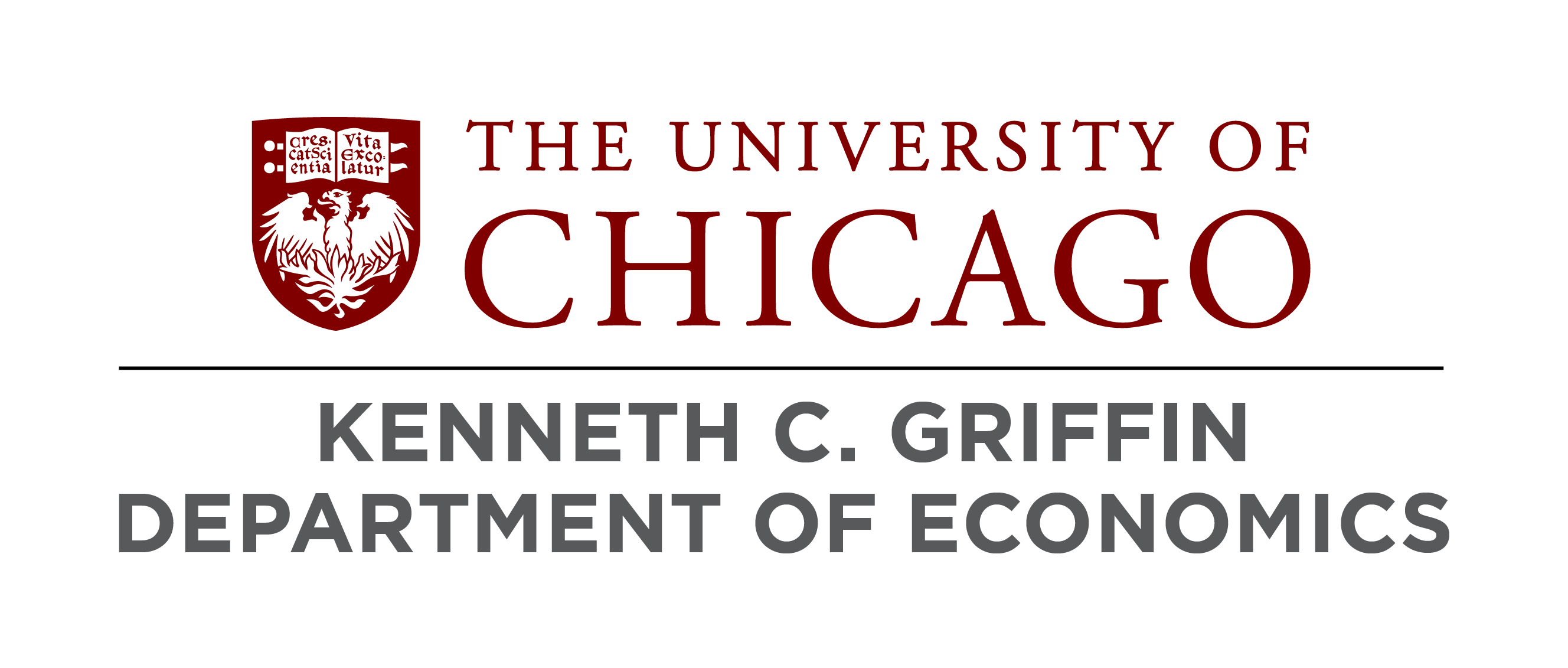
Primary Research Focus: Development, Political Economy, Economic History
Secondary Research Focus: Labor, Environment
References: Michael Kremer (Chair), James Robinson, Christina Brown, Anne Karing
Varun K's Personal Website
Varun K's CV
Recent Research / Recent Publications
Abstract
Informal labor markets in low- and middle-income countries are characterized by high un-employment and job turnover, despite high labor demand. I conduct three field experiments to examine how frictions arising from limited commitment and liquidity constraints lead to a mismatch in workers’ labor supply and firms’ labor demand in these markets. In the first experiment, 1,360 workers receive real job offers on either flat contracts, which reduce wage theft concerns and liquidity constraints, or back-loaded contracts, which do not. I find that labor supply is three times larger for flat contracts. This preference is driven by workers’ fears of wage
theft by firms (28%), liquidity constraints (22%), and demand for flexibility to break contracts (50%). This flexibility captures an option value, protecting workers from income loss in the event of future shocks or excess work extraction by firms under back-loaded contracts. The costs of these frictions are high—72% of workers who reject job offers end up earning less income than the offers. Notably, offering insurance against wage theft increases workers’ willingness to supply labor. In the second experiment with 349 firms, I make real offers to hire workers on either flat or back-loaded contracts. The firms’ labor demand doubles for back-loaded contracts, driven by liquidity constraints (37%) and costs associated with worker reneging (63%) in flat contracts. In a third experiment, I match firms with workers who accepted contracts and find that workers break 66% of flat contracts, imposing significant costs on firms. Firms reduce worker separation by back-loading contracts and extract longer working hours from workers, validating workers’ concerns.
 THE UNIVERSITY OF CHICAGO
THE UNIVERSITY OF CHICAGO

